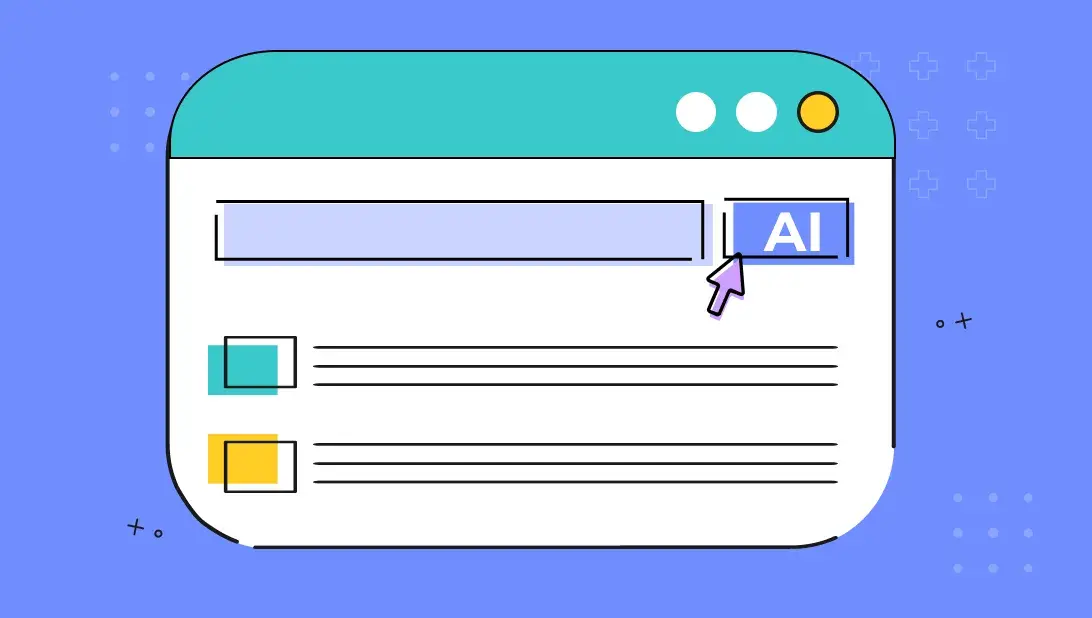



According to HubSpot, 70% of companies implemented content marketing in 2022 — including many healthcare marketers who aim to build relationships with multiple decision-makers and stay top of mind during long B2B technology buying cycles.
But many are also getting lost in a sea of content. The flood of AI-generated content makes it more difficult than ever to stand out in the crowded marketplace. Meanwhile, Google isn’t exactly throwing marketers a life vest: Its EEAT update, which added "experience" to the EAT (expertise, authoritativeness, and trustworthiness) formula, has upped the SEO game.
What are the best healthcare marketing ideas to help you rise to the surface in 2023? Here's what you need to know.
Content marketing helps healthcare marketers establish and strengthen relationships and drive conversions throughout the buyer's journey. It enables you to create trust and credibility with prospects and augment your brand image by offering valuable insights and information. But the industry has changed dramatically over the past year. Here's how to optimize your strategy to stay relevant:
Build trust and credibility with your audience by showcasing your team's expertise. New and unique perspectives are critical to help you stand out from a sea of AI-generated content. Experiment with various formats (e.g., profile blog posts, subject matter expert [SME] interviews, case studies, social media posts, etc.) to cater to your audience's preferences.
Insightful content can help you meet Google's EAT criteria by establishing expertise, authoritativeness, and trustworthiness. Meanwhile, first-hand accounts add the "experience" component by sharing real-world perspectives. You can also let each team member's personality shine to humanize your brand and boost the "like, know, and trust" factor.
Update your content strategy regularly to incorporate new digital experiences across critical moments in the customer journey. Keeping the audience engaged is particularly important in the healthcare technology industry, which has long and complex buying cycles. But it's not just about bright, shiny objects — the experiences must align with your brand value and be relevant to your audience.
For example, you may repurpose long-form videos into shorter ones for social media or combine SEO and PPC ads to deliver a coherent and always-on customer experience. You may post video testimonials from your happy customers, which also checks off the box for "experience" in Google's EEAT, or experiment with combining multiple content types to drive engagement.
With the proliferation of AI-generated blog posts, it's tempting to pump out "SEO content" written for search engine algorithms. However, low-quality, cookie-cutter content won't help you build trust, engage the audience, and drive conversions. As Google increasingly emphasizes the user experience, the bubble will soon burst for brands that overlook the importance of addressing the human reader.
The foundation of good content hasn't changed — you must know your audience and cater to their needs. But how can you be sure you're hitting the sweet spot? Collect data from your marketing channels and conduct regular audience research to stay current with trends and understand what motivates your prospects. Use the insights to fine-tune your messaging and choose the best content formats.
Content that lacks purpose will struggle to compete in today's crowded search engine results pages (SERPs) — especially with the proliferation of AI-generated content. To differentiate your brand, you must be intentional about why you're creating a piece of content, who it's for, and how you produce and promote it. Also, leverage new formats, original research, and unique approaches to cut through the noise.
Additionally, your content must reflect your brand value and positioning while being relevant to your target audience and meeting their needs. Shift your focus from quantity to quality — craft each piece of content intentionally, augment the experience with various media and formats (e.g., text, images, infographics, videos), and find a unique angle to differentiate your company from others covering the same topic.
B2B buyers are overwhelmed by the sheer volume of AI- and user-generated content, which isn't always fact-checked and accurate. Who can they trust? Maintaining your credibility involves two aspects: producing high-quality, trustworthy content while ensuring that inaccurate data or other defamatory content on the internet is not damaging your reputation.
Gartner predicts that 80% of organizations will build a content authenticity team to combat misinformation and fake materials by 2027. Healthcare marketers must proactively protect their brand's reputation by scanning for inaccurate or defamatory content. The good news is that AI technology can also help your team process vast amounts of data across the digital ecosystem to protect your brand interest.
AI applications are flooding the market. But they aren't necessarily bad, nor will they replace content experts. The best healthcare marketers will leverage AI as a tool to support their efforts and strategies. You must understand the technology's limitations and exercise caution while adding your experience to produce accurate, high-quality outputs.
Consider generative AI tools as word calculators. The programs have read (almost) everything on the internet and can summarize the key points. But they can't verify facts and statistics (they're known to "hallucinate") or synthesize new perspectives. Healthcare marketers must set up guardrails to help them produce unique and accurate content to earn their audience's trust.
Healthcare tech companies must adapt their healthcare marketing ideas to the fast-shifting market landscape and customer expectations, navigating search engine algorithms and competition from AI-generated content. It can be a constant uphill battle, but you don't have to go it alone.
Spot On helps healthcare SaaS companies design and implement robust content marketing strategies. We'll work with you to create high-quality content that will resonate with your target audience and nurture leads to convert. Schedule a meeting to see how we can help you cut through the clutter.



Spot On co-founder and partner Susie Kelley is dedicated to leveraging technology to advance innovative solutions in highly regulated industries. Driven by the opportunity to elevate brands, she co-founded Spot On in 2012 after having spent 15 years honing her marketing skills in an agency. Susie leads business development with a personal touch, focusing on building lasting relationships with clients to meet — and exceed — their goals for business growth.
Get the latest and greatest posts sent straight to your inbox.


